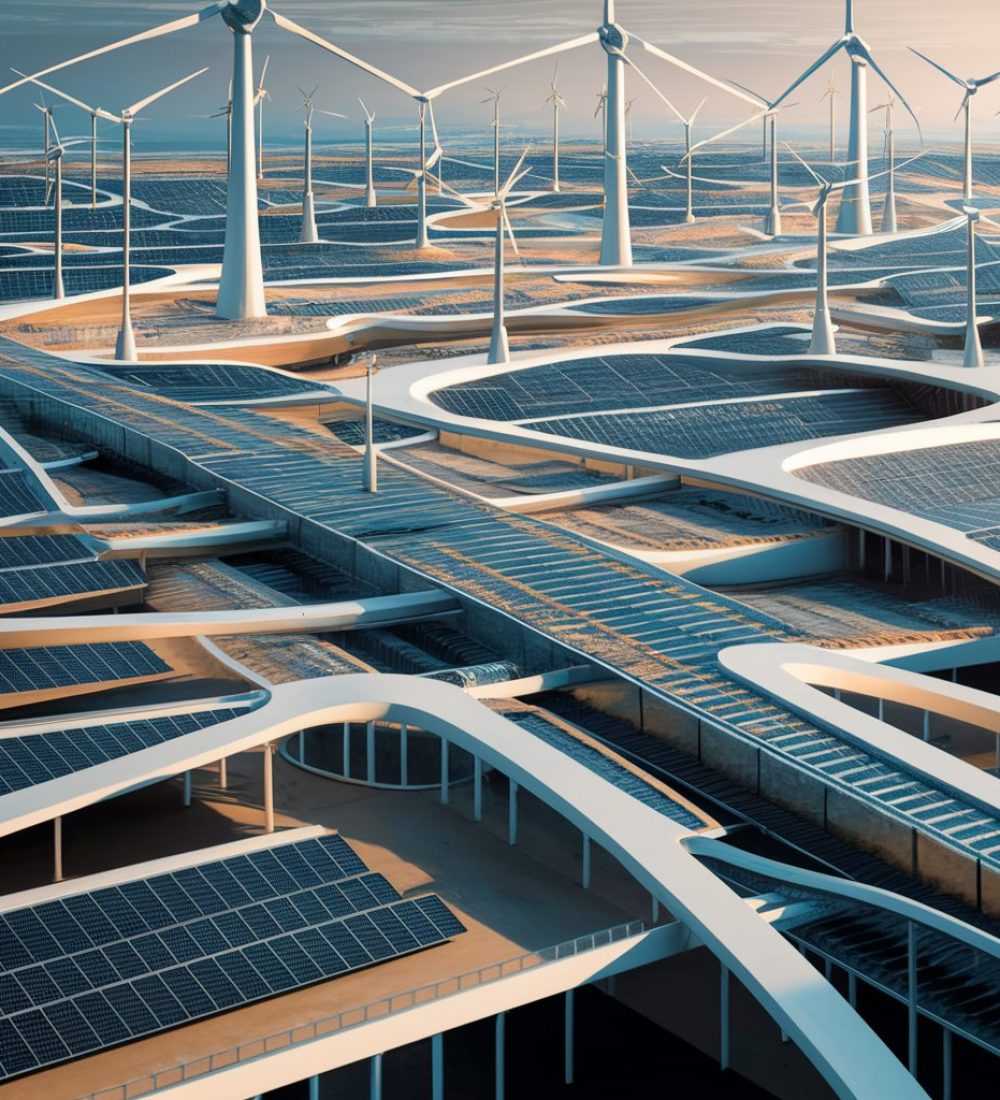In the Caribbean region, the energy outlook for 2024 presents a complex landscape of obstacles and possibilities in both the oil-gas industries and renewable energy sector. Key investments are being strategically allocated to facilitate the shift towards sustainable energy practices, emphasizing the importance of broadening the energy mix. The electricity sector commands more than 35% of total energy investments, with fossil fuels accounting for nearly 55%, underscoring a substantial drive towards cleaner and more environmentally friendly energy sources.
The Caribbean region is actively engaged in the exploration of smart grid development as a means to modernize its energy infrastructure. This endeavor encompasses:

Transitioning to a smart-grid infrastructure is a direct approach to swiftly resolve technical issues in your existing power grid, eliminating complex processes. Our solution acts as a vital bridge for easy integration of your substation control system, requiring minimal investment. It’s an economical way to upgrade your infrastructure and boost operational efficiency affordably. Our solution facilitates a seamless shift to a superior control system at a reasonable cost. Modernize your substation control system now to enjoy improved performance and dependability.”
Modern energy demands and market trends are driving the adoption of distributed energy resources (DERs), such as energy-efficient generation systems, storage units, and renewable sources like wind, solar, and mini-hydro. These variable power sources pose challenges to electrical grids, including imbalances and power quality issues. Our advanced hybrid technologies integrate these resources into the grid seamlessly. By using a hybrid energy storage system, we effectively manage the variability and enhance the overall performance of these resources. The integration of conversion devices within the hybrid system mitigates individual device limitations, ensuring fuel flexibility, high efficiency, reliability, reduced emissions, and cost-effectiveness through sophisticated power electronics.”

Transformers play a significant role in the overall energy losses within Substation equipment. It is widely acknowledged that active losses exhibit a direct proportionality to the square of the voltage, whereas reactive losses show a direct proportionality to the fourth power of the voltage.
Harmonics and Inter Harmonics
Any periodic function (of frequency F) can be deconstructed into a combination of sinusoidal waves with frequencies of HxF (where H is an integer) x H representing the harmonic order (H>1). The primary component is the fundamental component, and all devices have a certain impact on the power grid, interacting with one another.
The sources of harmonics typically stem from power equipment, such as welding machines, motors, air conditioning compressors, fans, and large pumps that share transformers responsible for supplying power to various buildings.
kareem@leronegroup.com
+1 721 522 0546
Walter Nisbeth Road #13